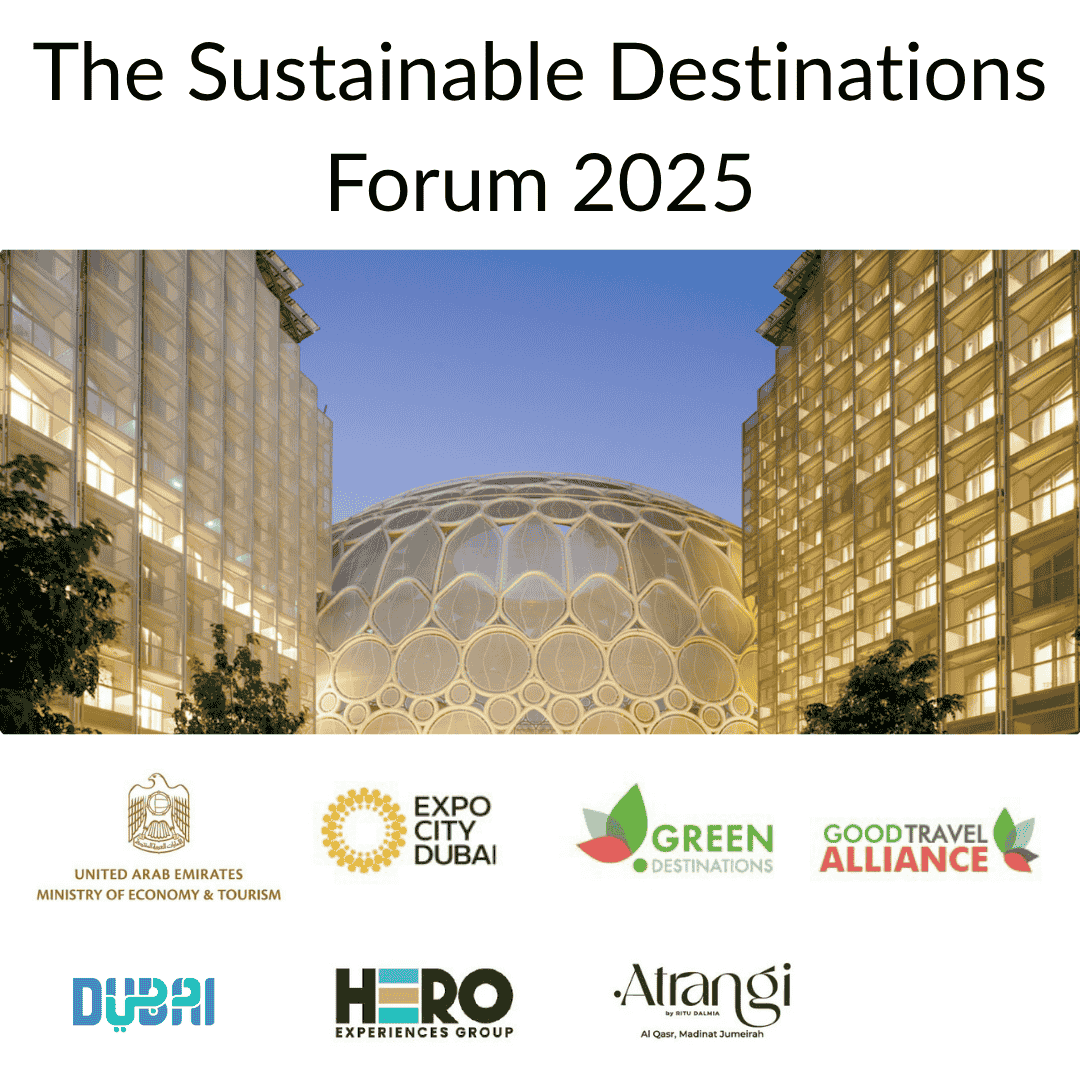On 24th July humanity will have used up all the ecological resources Earth can regenerate in a year — again. This date, known as Earth Overshoot Day, marks the point when we start living beyond our planet’s means.
In 2023, the day fell on August 2nd, and in 2024 it was on August 1st. In 2025, it’s a wake-up call once more — to rethink how we consume, produce, and live.
Calculated annually by the Global Footprint Network, this day marks when humanity exhausts its ecological budget for the year, using up resources faster than the planet can renew them. As the date of Overshoot Day creeps earlier each year, it underscores the urgency of addressing overconsumption and environmental degradation.
The ramifications of Overshoot Day are wide-ranging and profound. It contributes to climate change, biodiversity loss, deforestation, and resource scarcity, threatening ecosystems and human well-being. The depletion of natural resources and the accumulation of waste highlight the need for systemic changes in our production and consumption patterns.
Addressing Overshoot Day requires a holistic approach. Governments, businesses, and individuals must collaborate to reduce carbon emissions, transition to renewable energy sources, promote sustainable agriculture, and embrace circular economies. Raising awareness and advocating for policy changes are also vital steps in pushing back Overshoot Day and restoring ecological balance.
Every action counts in the effort to delay Overshoot Day. Making conscious choices such as reducing single-use plastics, conserving water, and supporting sustainable practices can collectively make a significant impact. By recognising the finite nature of Earth’s resources and taking proactive measures to live within its means, we can work toward a future where Overshoot Day becomes a distant memory and the planet thrives in harmony with human existence.
Hotels can take several proactive measures to contribute to the avoidance of Earth Overshoot Day and promote sustainability within the hospitality industry:
- Energy Efficiency: Implement energy-efficient technologies and practices such as LED lighting, smart thermostats, and occupancy sensors to reduce energy consumption and carbon emissions.
- Renewable Energy: Transition to renewable energy sources like solar panels or wind turbines to power hotel operations and decrease reliance on fossil fuels.
- Water Conservation: Install water-saving fixtures, promote linen and towel reuse programs, and implement water-efficient landscaping to reduce water consumption.
- Waste Reduction: Establish comprehensive recycling and waste separation programs, minimise single-use plastics, and repurpose or donate items that are no longer needed.
- Sustainable Food Practices: Source local and organic food, reduce food waste through portion control and composting, and offer plant-based menu options to lower the carbon footprint of dining services.
- Green Building Design: Construct or retrofit buildings using sustainable materials, incorporate green roofs and walls, and focus on passive design principles to enhance energy efficiency.
- Transportation Alternatives: Provide guests with information on public transportation options, promote biking or walking tours, and offer electric vehicle charging stations.
- Community Engagement: Collaborate with local communities for sustainable initiatives, support local businesses, and contribute to conservation efforts in the area.
- Education and Awareness: Raise awareness among staff and guests about sustainable practices and their role in reducing the hotel’s ecological footprint.
- Offsetting Carbon Emissions: Invest in carbon offset projects to neutralise the hotel’s remaining carbon emissions, thereby contributing to global carbon reduction efforts.
- Innovation and Technology: Explore innovative solutions like water recycling systems, smart room controls, and AI-powered energy management to enhance sustainability.
- Certifications and Standards: Obtain eco-friendly certifications such as LEED (Leadership in Energy and Environmental Design) or Green Key, demonstrating the hotel’s commitment to sustainability.
Read our blog post on which sustainability certification is right for you.
By integrating these strategies, hotels can not only decrease their environmental impact but also set an example for the broader hospitality sector, helping to mitigate Earth Overshoot Day and contribute to a more sustainable future.
Explore The Kiosk & Kettle blog as we highlight sustainability in hospitality.
Discover real-world hotel case studies showcasing unique and successful sustainability initiatives.








